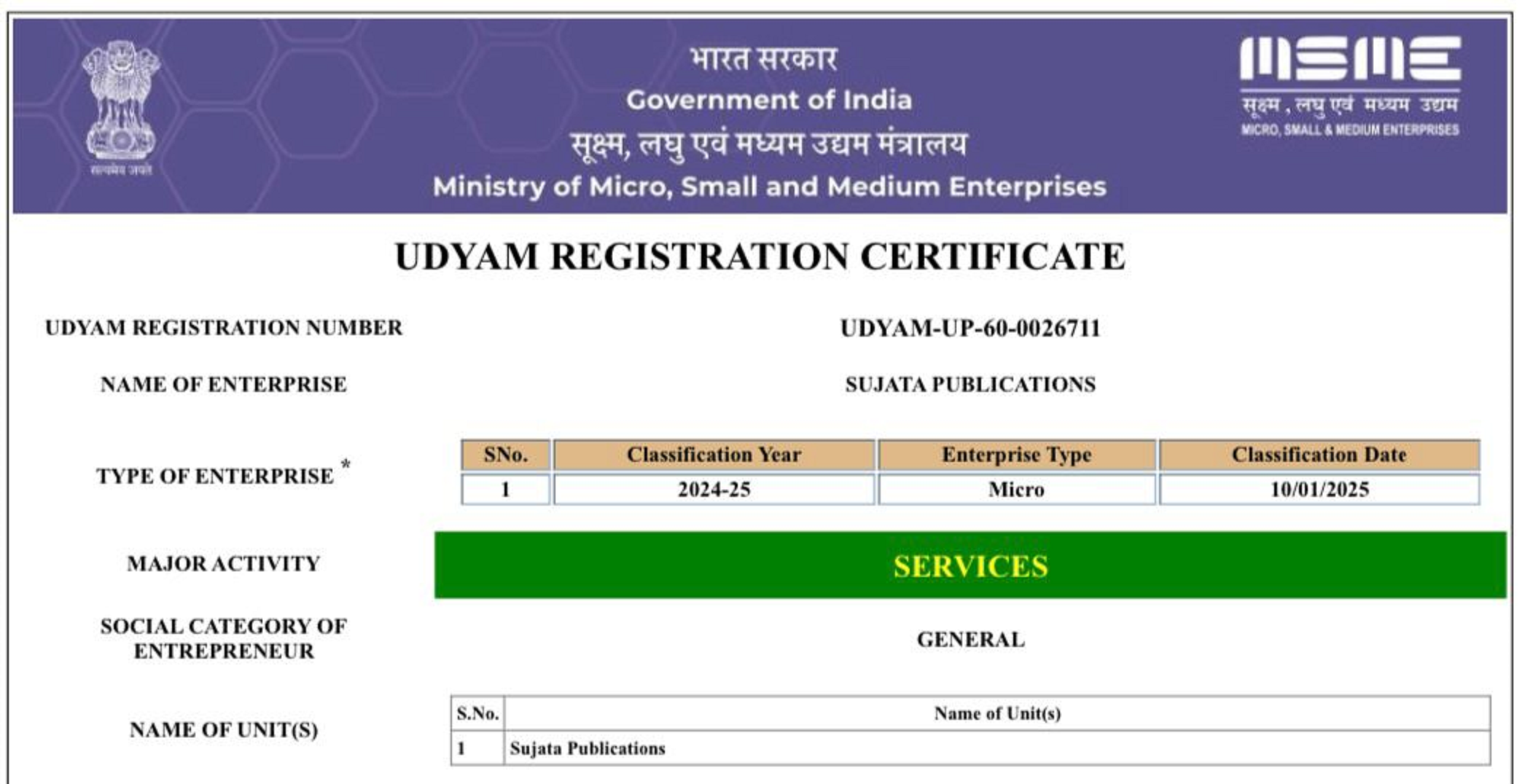Management of Diabetic Foot Infection with Plant-Based Metabolite
DOI:
https://doi.org/10.62896/ijpdd.2.4.5Keywords:
Plant metabolites, Diabetic foot infection, Wound healing, Ocimum sanctum, Catharanthus roseusAbstract
Diabetic foot infections (DFIs) are severe complications of diabetes mellitus, often resulting in chronic wounds, gangrene, and amputations due to impaired wound healing and immune dysfunction. Conventional therapies, including antibiotics and debridement, are often insufficient and accompanied by side effects, necessitating alternative treatments. This review highlights the potential of plant metabolites, particularly bioactive compounds from Ocimum sanctum (Tulsi) and Catharanthus roseus (Periwinkle), in managing DFIs. Compounds such as eugenol, ursolic acid, rosmarinic acid, and alkaloids exhibit anti-inflammatory, antioxidant, and antimicrobial properties, promoting wound healing through enhanced angiogenesis, collagen synthesis, and fibroblast activity. The integration of these phytochemicals into therapeutic strategies may offer a cost-effective, side-effect-free adjunct to existing treatments for DFIs. Further clinical research is required to validate these findings and establish their efficacy in patient care.
Downloads
Published
Issue
Section
License
Copyright (c) 2025 Sujata Publications

This work is licensed under a Creative Commons Attribution-NonCommercial 4.0 International License.












